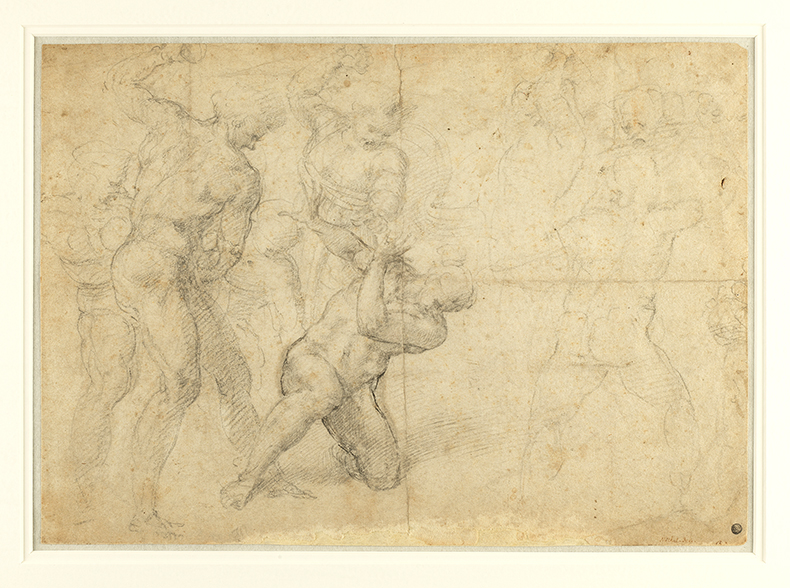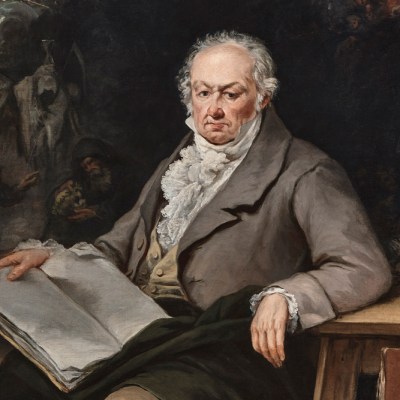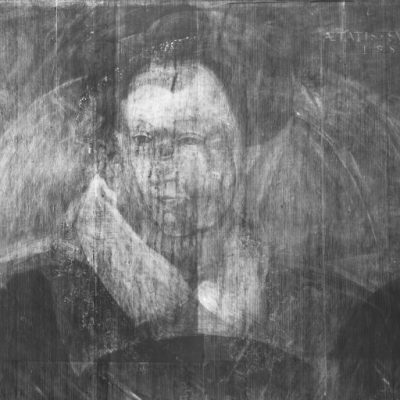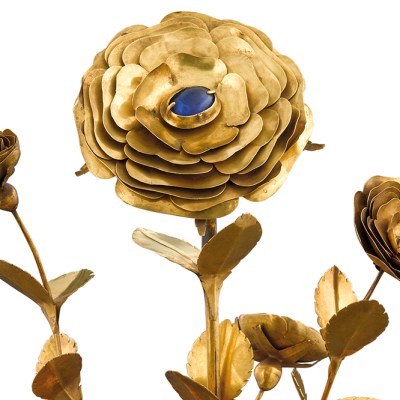A round-up of the best works of art that have recently entered public collections
Howard University, Washington, D.C.
Gordon Parks Legacy Collection
Howard University has acquired 252 works by Gordon Parks, spanning the photographer’s career from the 1940s to the ’90s. Part-gift, part-purchase from the Gordon Parks Foundation, the acquisition, which has been dubbed the Gordon Parks Legacy collection, was hand-picked by staff from both the university and the foundation; the two organisations have announced joint plans for new research into the artist, best known for his photojournalism depicting civil rights issues and the lives of African Americans. Highlights of the works include Parks’ photographs of the March on Washington in 1963, as well as portraits of Malcolm X and Duke Ellington.
Untitled, Washington, D.C. (1963), Gordon Parks. Howard University, Washington, D.C.

National Museum of Scotland, Edinburgh
Silver casket
Created in France (c. 1493–1510), this silver casket is believed to have been owned by Mary, Queen of Scots. It is a rare example of silver that has survived being melted down. The ornate surface of the casket features a crowned fleur-de-lis, identifying it as the work of Parisian goldsmiths, while the sides of the object reveal the arms of the Dukes of Hamilton, in whose family the casket resided for three centuries. Purchased by the National Museum of Scotland for £1.8 million, the casket is believed to be the very same that held the Casket Letters. Allegedly written by Mary to her third husband, the Earl of Bothwell, they were produced as evidence of her involvement in the conspiracy to murder her second husband, Lord Darnley.
Derby Museum and Art Gallery
Self-Portrait at the Age of about Forty (c. 1772), Joseph Wright of Derby
A self-portrait by Joseph Wright of Derby has been allocated through the acceptance-in-lieu scheme to the Derby Museum and Art Gallery, which holds the largest collection of works by the city’s most famous artistic son. Self-portrait at the Age of about Forty shows the artist holding a porte-crayon with white chalk on the end; it is the only one of Wright’s ten self-portraits in which the artist presents himself in the act of painting. The verso carries a study for what is perhaps Wright’s most famous work – An Experiment on a Bird in the Air Pump, in the collection of the National Gallery in London.
Self-portrait at the Age of about Forty (c. 1772), Joseph Wright of Derby. Derby Museum and Art Gallery

Musea Brugge
Jean van Caloen Foundation Collection
Musea Brugge, the municipal body that runs Bruges’s 14 museums, has acquired a total of 1,930 drawings and 25 sketch books from the Jean van Caloen Foundation. Ranging from the late 16th–20th centuries, the collection contains masterpieces by Jacob Jordaens and François Boucher. The highlight of the collection is Michelangelo’s drawing of the Stoning of Saint Stephen. This dramatic and energetic piece is one of very few composition studies for larger works included among the 600 or so known drawings by the Renaissance master. It is the first Michelangelo drawing to enter a public collection in Belgium.
Stoning of Saint Stephen, Michelangelo. Musea Brugge

Musée de Cluny – Musée national du Moyen Âge, Paris
Nativity (c. 1430–93), attrib. to Jean Colombe
On the eve of its reopening after extensive renovations on 12 May, the Musée de Cluny in Paris announced the acquisition of a remarkable medieval miniature, once owned by the museum’s one-time director Jean-Joseph Marquet de Vasselot (1871–1946). The miniature from a Book of Hours, which depicts a nativity scene, has been attributed to Jean Colombe, the French miniature painter whose best known work is on the manuscripts Trés Riches Heures du Duc de Berry (c. 1412–16).
Palazzo Pitti, Florence
Bust of a woman (c. 1875), Giacomo Giovanni Papini
The Uffizi Galleries have purchased a marble bust by the 19th-century Tuscan sculptor Giacomo Giovanni Papini. Papini was well-regarded in his day and exhibited at the Universal Exposition in Paris in 1878, but he has been largely forgotten since his death. This depiction of a noblewoman, which is signed and dated ‘GG Papini 1875’, is one of only a handful of known works. It will go on display at the Gallery of Modern Art in the Palazzo Pitti.
Bust of a woman (1875), Giacomo Giovanni Papini. Palazzo Pitti, Florence



